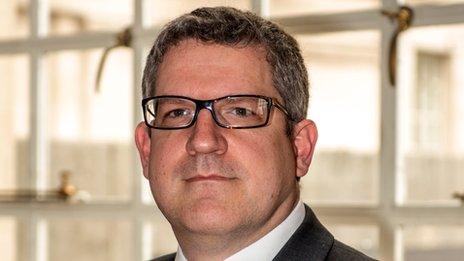Web creator Sir Tim Berners-Lee criticises spy agencies
- Published
- comments
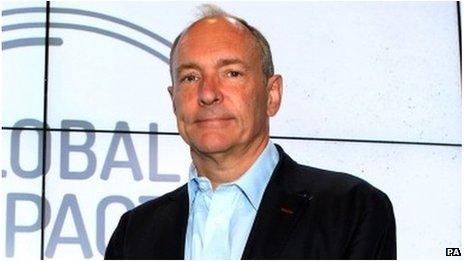
Sir Tim Berners-Lee said important issues had been raised by recent leaks
The British computer scientist who created the world wide web has said encryption cracking by UK and US spy agencies is "appalling and foolish".
Sir Tim Berners-Lee told the Guardian, external that the practice undermined efforts to fight cybercrime and cyberwarfare.
He called for a "full and frank public debate" on internet surveillance.
It comes as a parliamentary committee has quizzed the heads of the UK's spying agencies - GCHQ, MI5 and MI6 - together in public for the first time.
Security weakened
Sir Tim said the system of checks and balances to oversee GCHQ and its US counterpart the National Security Agency (NSA) had failed.
Details about intelligence work carried out by the agencies and reported in the Guardian have been leaked by US whistle-blower Edward Snowden, a former NSA contractor.
Sir Tim said the agencies had weakened online security by cracking the encryption employed by internet users to protect their data privacy. He also said it was a betrayal of the technology industry.
"Whistle-blowers, and responsible media outlets that work with them, play an important role in society," he said.
"We need powerful agencies to combat criminal activity online - but any powerful agency needs checks and balances and, based on recent revelations, it seems the current system of checks and balances has failed," he said.
Sir Tim said media coverage of the Snowden leaks "has been in the public interest and has uncovered many important issues which now need a full and frank public debate".
Meanwhile a group of Conservative MPs has urged the Guardian to take responsibility for the security implications of reporting the information and "act accordingly".
In their letter, 28 Tory MPs said publishing the leaks in such detail "runs the risk of compromising the vital work of the institutions, processes and people who protect the safety of this country".
They asked the newspaper's editor, Alan Rusbridger, to discuss with the intelligence services the implications for national security that publication would have, and be explicit about any information they have released that could threaten the safety of intelligence services personnel.
'Significant step'
Highlighting security risks that might occur if information intended for journalists fell into the hands of terrorists or "hostile foreign powers", the MPs also urged the paper to be open with the government and security agencies about exactly what information it had shared, and with whom.
"We are asking you to do no more than to share with our intelligence services, the very people who protect the freedoms which the Guardian champions, that which you have already shared freely with international bloggers and journalists who have no concept of the UK national interest," they said.
Parliament's Intelligence and Security Committee (ISC) has questioned GCHQ director Sir Iain Lobban, MI5 director general Andrew Parker and MI6 chief Sir John Sawers.
Mr Parker took over as head of the security service MI5 earlier this year. MI6 is charged with gathering intelligence and GCHQ with monitoring communications.
Intelligence chiefs have given evidence to the committee in private for many years.
The session was shown on the BBC News Channel, with a short time delay to prevent anything that might endanger national security or the safety of those working for the agencies being broadcast.
The ISC, made up of senior MPs and peers, said the committee meeting was "a very significant step forward in terms of the openness and transparency of the agencies".
- Published7 November 2013
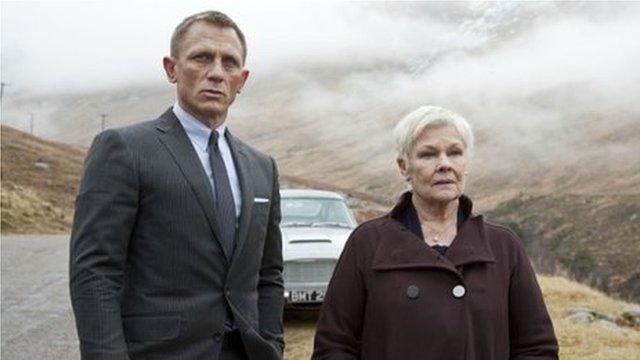
- Published24 June 2015
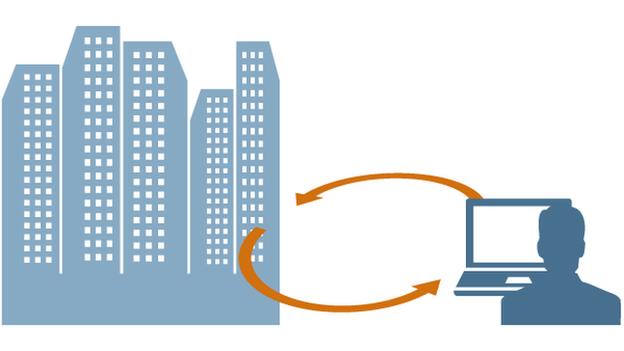
- Published17 October 2013
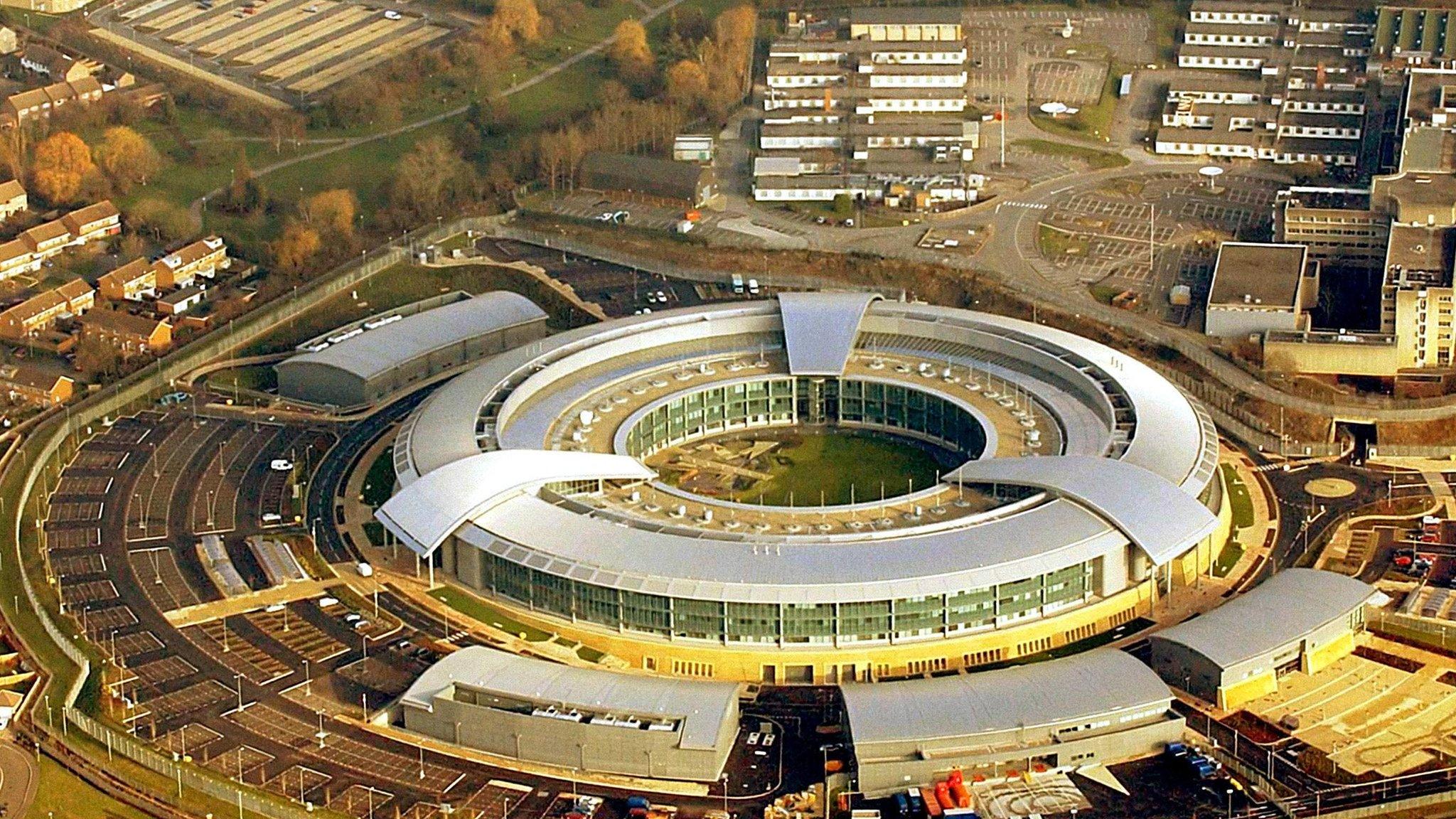
- Published11 October 2013
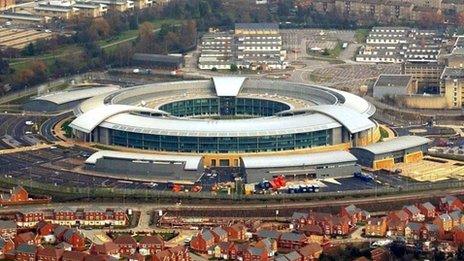
- Published9 October 2013
